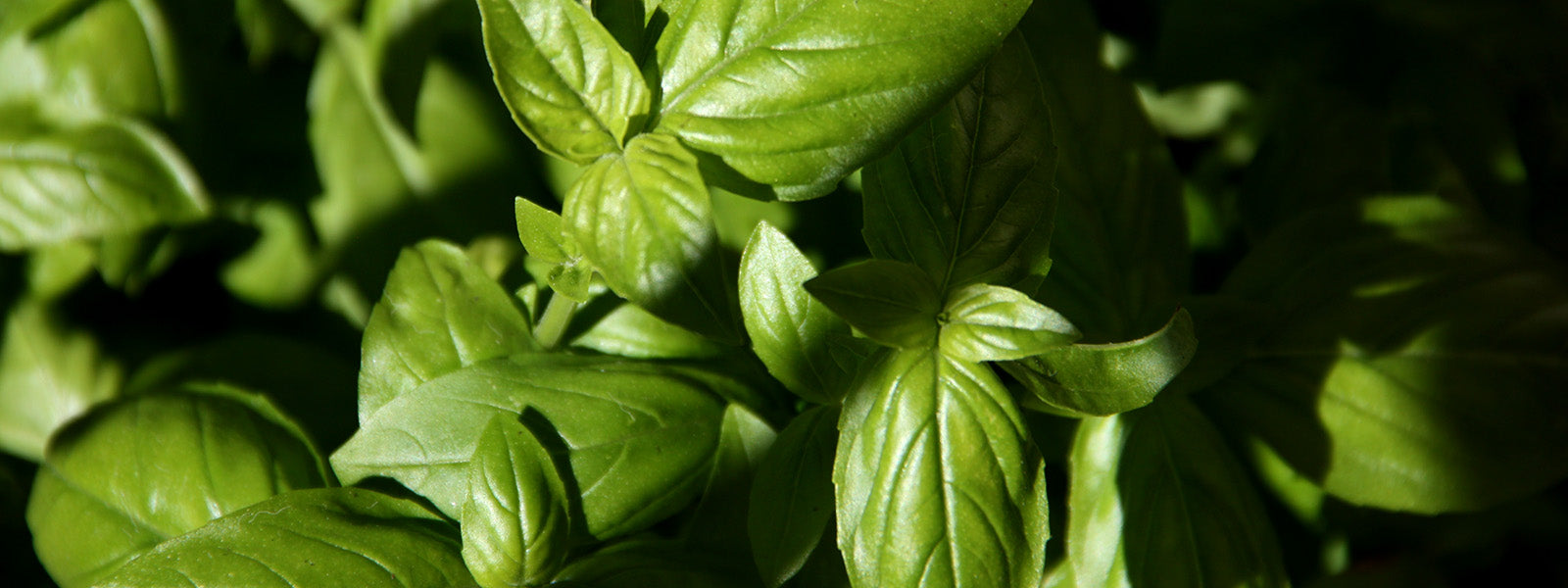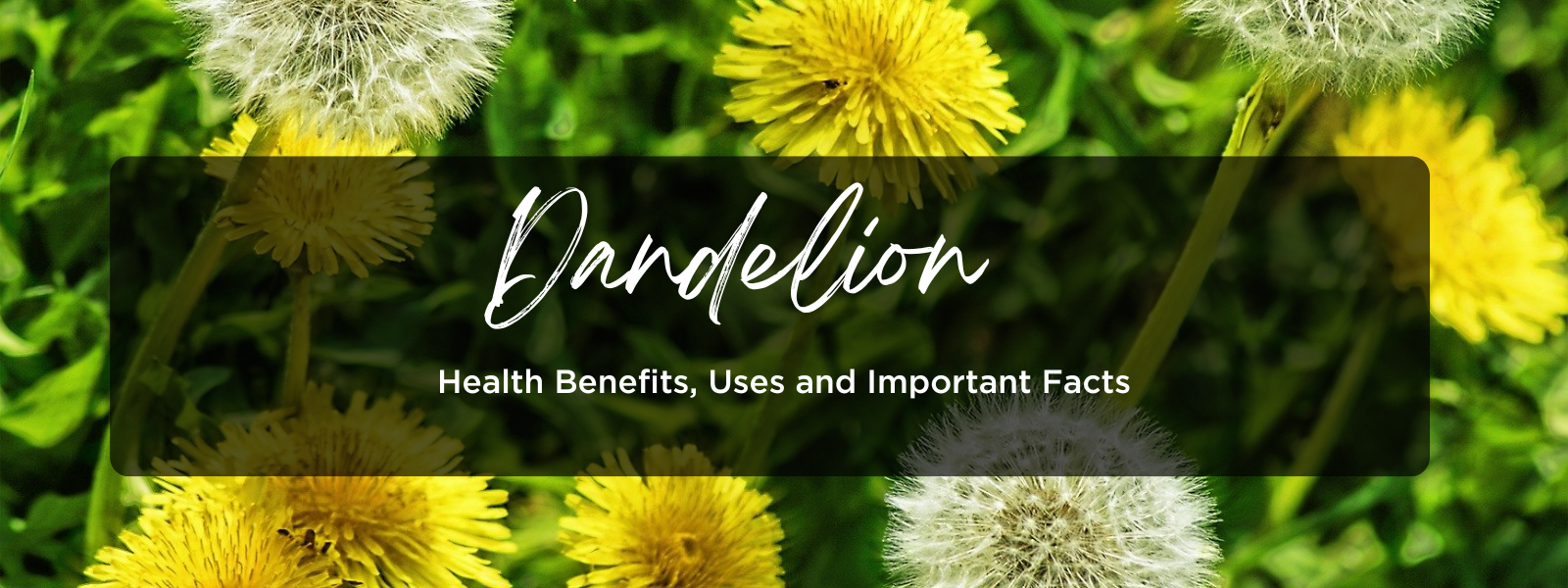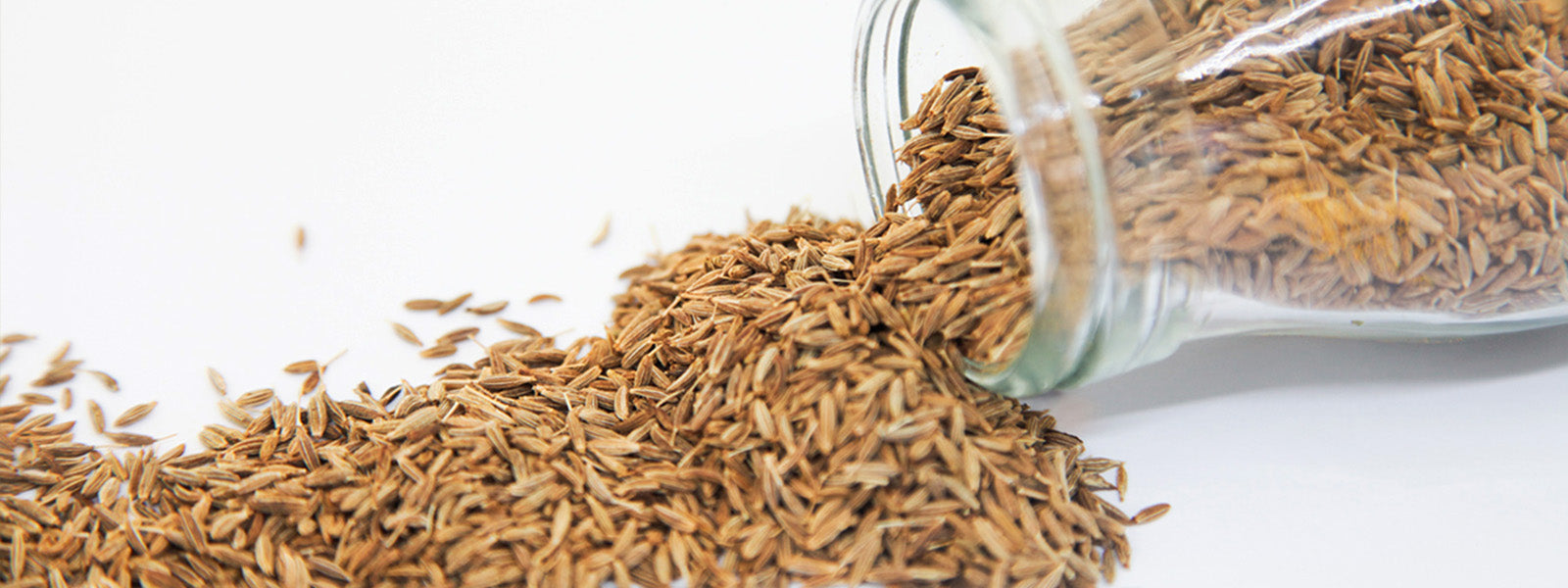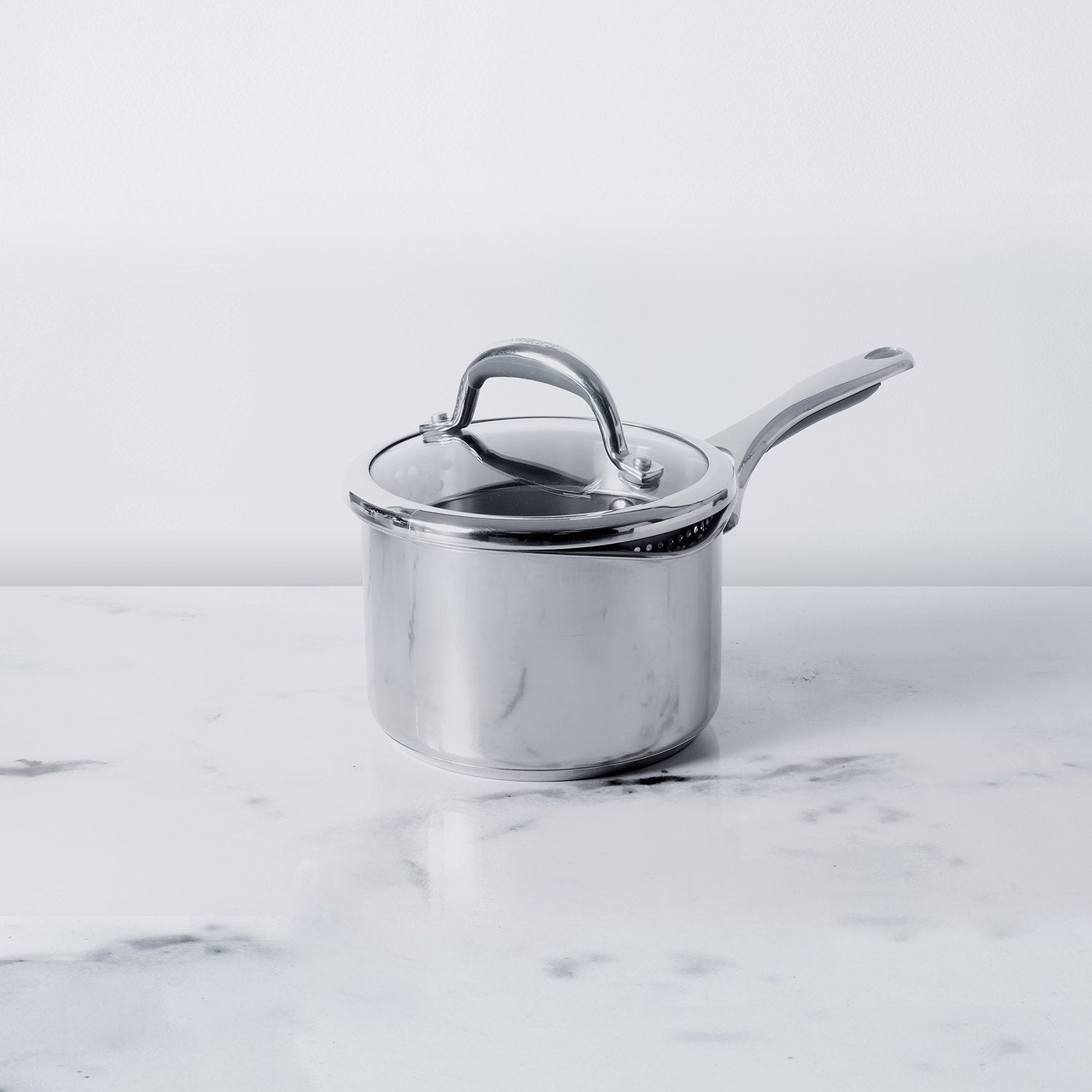In herbal medicine, red clover is often used to treat respiratory problems like whooping cough, asthma, and bronchitis, skin problems like eczema and psoriasis, inflammatory conditions like arthritis, and women's health problems (such as menstrual symptoms and menopausal).
Table of Contents
About red clover plant:
Red clover is a herb called Trifolium pratense. It is in the same family as beans and peas.
Red clover is a perennial plant that grows in meadows in Europe, Asia, and North America. It was brought to North America by people and now grows there naturally. Most of the time, the red flowers at the end of the branched stems are dried and used in medicine.
The brightly coloured flowers of red clover are full of vitamins and minerals, such as calcium, chromium, magnesium, niacin, phosphorus, potassium, thiamine, and vitamin C.
Also, they have a lot of isoflavones. These are chemicals that act as phytoestrogens, which are plant chemicals that are similar to the hormone oestrogen in women.
Isoflavone extracts are sold as supplements to help with high cholesterol, osteoporosis, and menopausal symptoms.
Red clover folklore and history:
Red Clover is a plant that comes from England. It was one of the first plants that people grew to improve the soil and feed cattle, and it has been highly valued since ancient times.
Ancient Greeks and Romans thought this (mostly) three-leafed plant was holy because it looked like their three goddesses. The ancient Celts saw it as a sign of the sun, but it is best known as the national symbol of Ireland, where it will always be linked to St. Patrick and the luck of the Irish.
- Health benefits of Red Clover:
Reduces Menopausal Symptoms: The effects of red clover on hormones are important, especially for women. Isoflavones, which are found in red clover, are similar to oestrogen. This means that red clover can help women who have trouble keeping their oestrogen levels steady, balance their hormones, stop mood swings, and ease breast pain.
Red Clover can also help women with PMS and menopause, which are both times when hormone levels can change in dangerous or unpredictable ways.
- Manages High Blood Pressure
Red clover's anti-inflammatory properties help relieve stress and anxiety, which lowers the risk of hypertension.
- Helps prevent cancer: Red clover can help prevent cancer, so it lowers the risk of getting it. Isoflavones may help stop cancer cells from growing or multiplying, and they may also be able to make cancer cells die by a process called apoptosis (self-destruction of cancer cells).
Red clover is used to treat cancers that are caused by changes in hormones, like prostate, breast, and endometrial cancer.
- Treats skin irritation: Isoflavones in red clover can help slow down the signs of ageing on the skin and reduce the inflammation caused by skin conditions like psoriasis, eczema, and rashes.
- Treats skin inflammation: Most of red clover's anti-inflammatory, UV-protective, collagen-boosting, and wound-healing effects come from its effects on oestrogen levels. It is also used to make the hair follicles, scalp, and nails healthier.
- Treat respiratory infections: Red clover is used to prevent and treat lung problems like whooping cough, colds, asthma, and bronchitis. It has a natural cleansing effect on the body, which makes it less stressful and painful to be sick.
- Treats respiratory infections: Red clover can help loosen phlegm and stop bronchial spasms. It can also help you sleep better and get rid of extra mucus and fluids in your lungs.
- Improves heart health: Red clover can help improve arterial health, lower the risk of atherosclerosis (hardening or thickening of the arteries), improve circulation, control high cholesterol, and prevent coronary heart disease.
- Keeps bones healthy: Supplements with red clover can help treat osteoporosis and keep bones healthy. Red clover helps bones heal and reduces the risk of osteoporosis, especially in women over 50 who are most likely to break bones and lose bone mass.
Red clover's isoflavones help improve bone health, even in older people, in a big way.
- Good for Hair Growth:
Red clover tea works well as a hair rinse. It also makes hair strong by getting rid of dandruff and irritations on the scalp. When red clover is used in shampoo, it softens the hair, makes it thicker, and gives it shine. Also, it makes the hair easier to work with and less frizzy.
- Prevents Cancer Risk
Red clover has isoflavones that act like oestrogen and help fight cancerous cells. This makes it less likely that more damage will happen. It has been shown that red clover is the best way to protect against endometrial and prostate cancer. It helps keep cancer from happening because it kills cancer cells (apoptosis).












Leave a comment